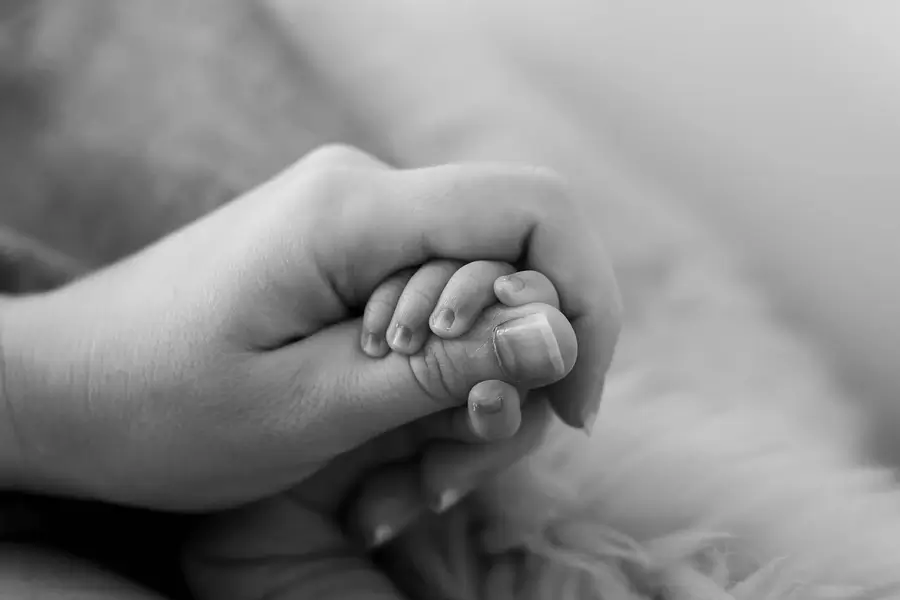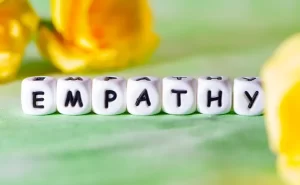Understanding Postpartum Depression
Having a baby is one of a woman’s most important life events. Feeling various emotions, including love and happiness, is expected during this time. However, feelings of melancholy and depression may emerge after childbirth. These are known as the baby blues and usually pass within a few days. These feelings are more robust and last longer in 10-20% of women. This is referred to as postpartum or perinatal depression, and it can harm both the mother and the baby.
Women who experience depression after pregnancy require treatment, just like any other illness. Family members must recognize the symptoms and seek help if they see them. This could include a medical professional, a support group, or friends and family. If the new mother has thoughts of harming herself or others, she should contact a suicide hotline, a friend or family member, or 911 immediately.
Your doctor can help you weigh the risks and benefits of these medications and choose the best ones for you, especially if you are breastfeeding.
Postpartum depression treatment options include psychotherapy (talk therapy), support groups, exercise, a healthy diet, and medication. During pregnancy, estrogen and progesterone levels rise tenfold. Following delivery, these levels rapidly drop. In some women, a sudden drop in hormones can lead to depression. Antidepressants and other hormone-balancing medications can help some women with postpartum depression. Your doctor can help you weigh the risks and benefits of these medications and choose the best ones for you, especially if you are breastfeeding.
Another effective strategy for preventing and treating postpartum depression is psychoeducation.
Self-care and nutritional therapy can also help some women with postpartum depression. Get plenty of sleep and eat a well-balanced diet high in fruits, vegetables, whole grains, and protein.
Drinking fluids such as water and unsweetened tea is essential for staying hydrated. Sugary foods and beverages should be limited, especially those containing added salt and fat.
Another effective strategy for preventing and treating postpartum depression is psychoeducation, which teaches positive coping skills, stress management, and the formation of support networks. This is a type of education in which students learn and understand mental health and well-being, similar to physical education.
It is a common and treatable medical condition affecting new mothers, their families, and their infants.
A strong support network is critical for some women in preventing or treating postpartum depression. This could include family, friends, or a professional therapist. Women who do not have a support network may find it challenging to seek help when they need it.
It is also important to note that being depressed does not mean the woman has done anything wrong or that she does not love her baby. It is a common and treatable medical condition affecting new mothers, their families, and their infants. A new mother should be tested for PPD at her regular postpartum health visits and speak with her doctor if she is feeling sad, blue, worried, or irritable. This could be her obstetrician, primary care physician, or mental health provider. The health care professional can refer the woman to a therapist or provide necessary counseling.













